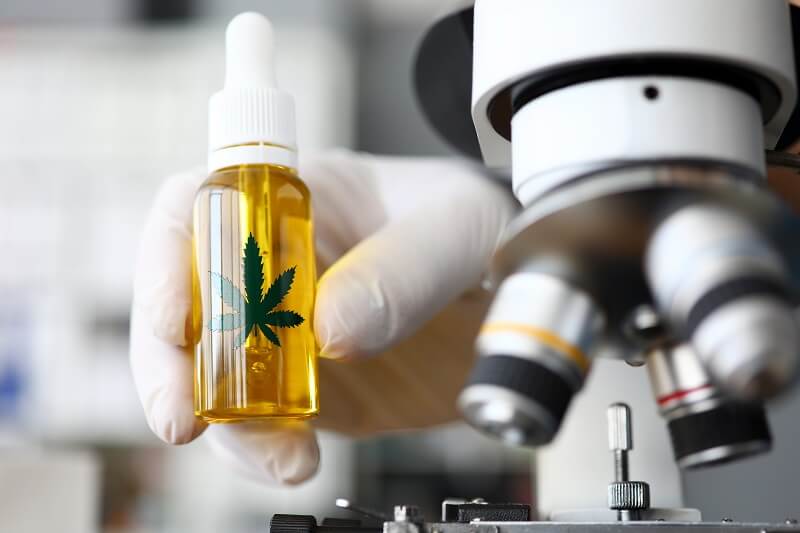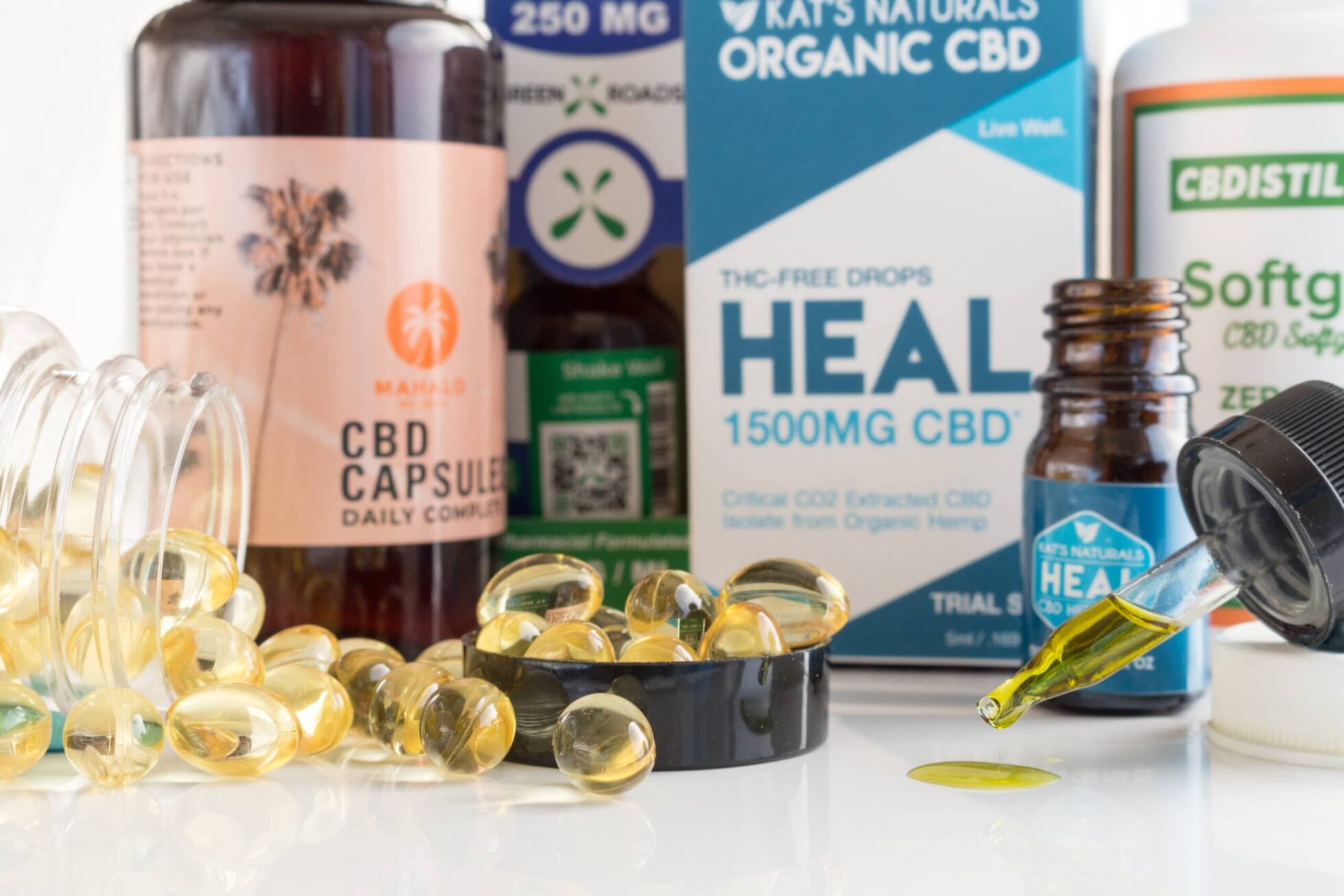-
- Market Research
- |
- CBD Near Me
- |
- Giveaways
- |
- Newsletter
- |
- Contact
- |
- Advertise
- |

Here’s the latest CBD news:
- Healthtech specialists Radical Science will study health and wellness effects of products from 13 CBD brands.
- Kentucky-based Cornbread Hemp is calling out brands who source CBD from outside the flower.
- A new study shows near-identical pharmacological effects of synthetic versus natural CBD.
Radicle Science Kicks Off Large, Cross-Brand CBD Study
California-based Radicle Science, a biotech developer that specializes in natural therapeutics, announced this Monday (Aug 2) that they will proceed with an “Institutional Review Board approved study on CBD effectiveness across well-being, quality of life, pain, sleep disturbance, and anxiety.”
The ACES (Advancing CBD Education & Science) study will assess the impact of CBD products on these health and wellness indicators, using products from thirteen participating brands on almost 3,000 participants.
Each participant will receive products from one of the thirteen brands throughout the study, with the exception of the control group who will go on with their daily affairs as normal (and without CBD).
The study framework emphasizes a contactless, yet personalized “direct-to-consumer approach,” which will allow the demographically representative group of participants to document their results without having to leave their homes.
On their website, Radicle Science explains that ACES is seeking to address two key barriers holding back widespread CBD usage: difficulty gauging effectiveness and insufficient data to support benefits.
The study is now in the recruitment phase, but the designers are expecting completion by late September.
Cornbread Hemp Takes Aim at Top Brands with Flower-Only CBD Stance
As we quickly gleaned from their Flower OnlyTM campaign and accompanying video, Kentucky-based Cornbread Hemp is not in the business of buddying up to other brands in the industry (at least, not those who source hemp outside the flower).
Indeed, Cornbread is taking a hard stance on sourcing CBD from the hemp flower only, opening their quippy video with “Did you know that most CBD oil is garbage?”
Eventually, the three-minute video segues to co-owner Jim Higdon throwing an entire orange tree into a wood chipper to make orange juice as a metaphor for companies who source CBD from the stems, stalks, and other non-flower components of the hemp plant.
Years before Cornbread Hemp was around, Higdon earned recognition for writing about a vast, illegal cannabis growing operation in Kentucky overseen by Vietnam veterans in the late 80s and early 90s.
The Cornbread Mafia: A Homegrown Syndicate’s Code of Silence and the Biggest Marijuana Bust in American History may seem like a damning indictment against the cannabis industry (Higdon was actually subpoenaed by the Obama administration), but an interesting observation therein actually puts law-abiding Kentucky growers in a favorable light.
As it turns out, the 37th parallel that runs through the Hindu Kush mountains also drives its way through Kentucky, where dope-slinging outlaws have given way to strongly opinionated hemp growers.
Study Finds Little to No Difference In Human Cell Response to Synthetic vs Natural CBD
Researchers from the University of Nottingham (UK), the University Hospitals of Derby and Burton (UK), and Artelo Biosciences (California) have recently released the results of a study taking aim at the highly stigmatized topic of synthetic cannabinoids.
It’s no surprise—given the lethal consequences of K2 and other synthetic forms of cannabis—that the public and governmental sectors are both highly weary of the word “synthetic” in the cannabis world, but the results of this study serve to ease that tension slightly.
As stated by the authors, the objective was to “compare the in vitro effects of purified natural and synthetic CBD to establish any pharmacological differences or superiority between sources.”
Researchers applied six samples of CBD, four natural and two synthetic, to human ovarian cancer cells, vascular cells (pericytes), and intestinal lining cells (enterocytes) to compare and contrast any anti-cancer, anti-inflammatory, neuroprotective, and other effects that manifested after exposure.
Here’s the de-jargonized summary of results:
- All CBD samples similarly affected the viability of the human ovarian cancer cells.
- All CBD samples similarly reduced the cellular damage and/or inflammation in the vascular cells (which were deprived of oxygen to simulate a stroke).
- All CBD samples facilitated recovery of intestinal lining cells exposed to inflammation at a very similar rate and extent.
Of course, this design is far from a human clinical trial; this doesn’t mean the synthetically derived forms of CBD are definitely safe.
However, understanding that the pharmacological action is almost identical in these three important cases may serve as a basis for further investigation.







